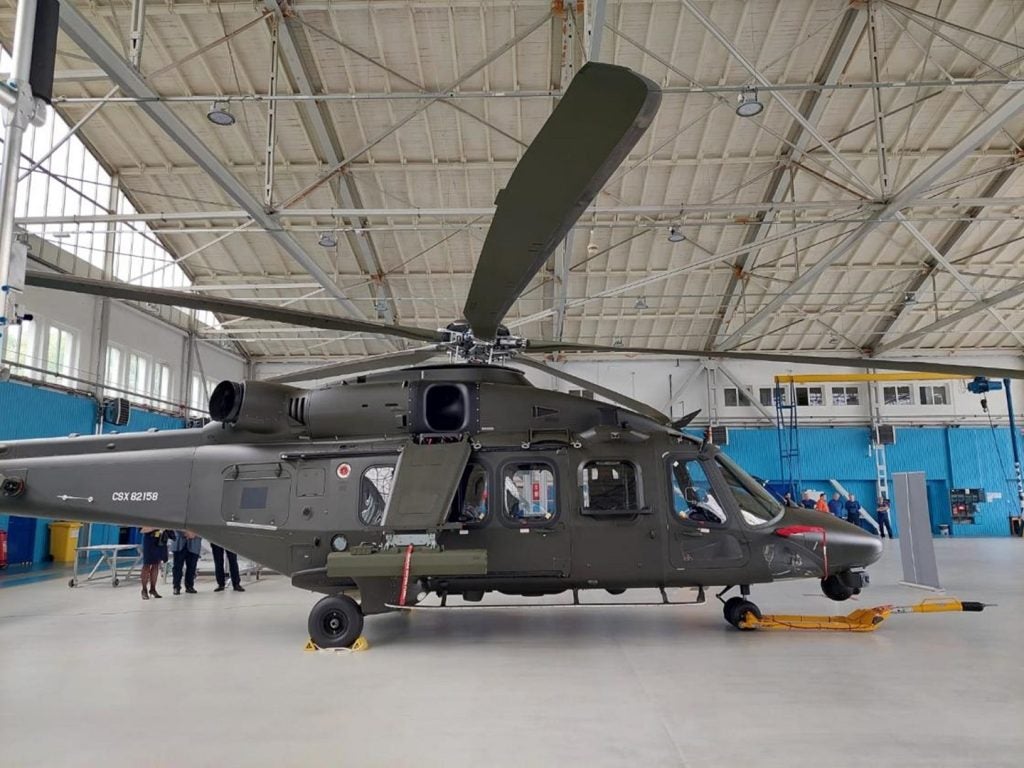
South Korea’s arms procurement agency Defense Acquisition Program Administration (DAPA) has announced a military pilot operation of an anti-drone radar system.
The radar-linked anti-drone integrated solution is designed to address the growing threats posed by small unmanned aerial vehicles (UAVs).
How well do you really know your competitors?
Access the most comprehensive Company Profiles on the market, powered by GlobalData. Save hours of research. Gain competitive edge.

Thank you!
Your download email will arrive shortly
Not ready to buy yet? Download a free sample
We are confident about the unique quality of our Company Profiles. However, we want you to make the most beneficial decision for your business, so we offer a free sample that you can download by submitting the below form
By GlobalDataIt can detect drones that are ultra-small and makes them inoperable through radio wave jamming.
The anti-drone radar system is the result of a KRW4.84bn ($4.3m) contract awarded to a local company in November last year. It has been procured under the rapid pilot acquisition project route.
The system has been developed using the country’s indigenous technologies and underwent a production and inspection period, noted the agency.
During trials, the system detected a drone with a radar cross-section of 0.01m² from a distance of 8km away.
Over the next six months, the South Korean Army, navy and airforce will operate the radar system.
DAPA senior agency official Kim Il-dong said: “We expect that the anti-aircraft defence capabilities of major military facilities will be further strengthened by preparing for a new threat such as drones, and we will pre-empt various future security threats through the rapid trial acquisition system.
“I expect that industry/academic/research cooperation will be further activated in the future, and various and excellent civilian technologies will be introduced into the defence field.”
In April, South Korea’s Agency for Defense Development (ADD)-led unmanned ground surveillance vehicle (USV) entered the systems development phase.








